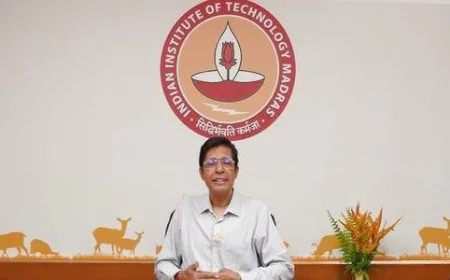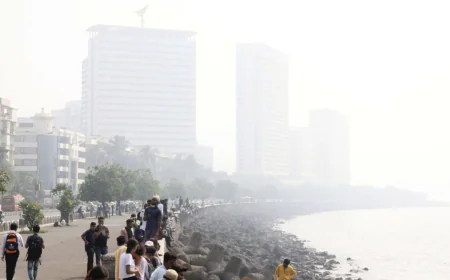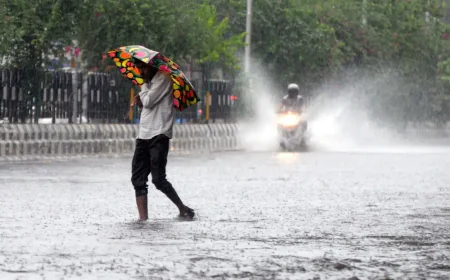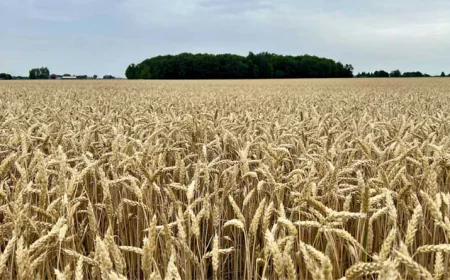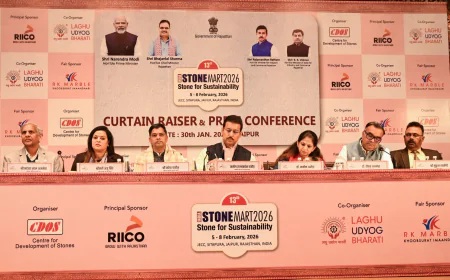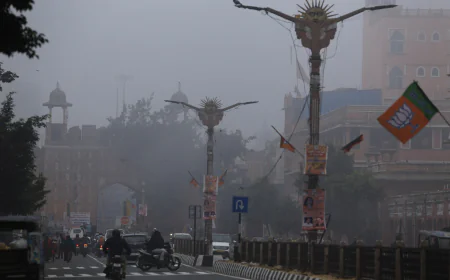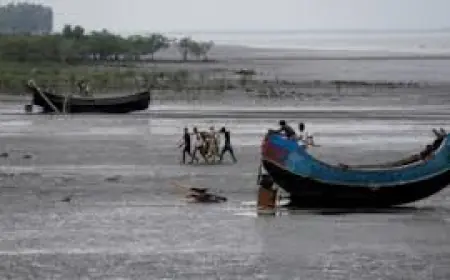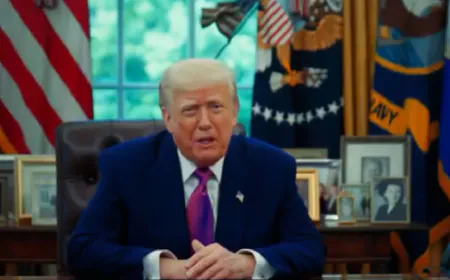Chris Hipkins becomes the new Prime Minister of New Zealand: Governor General administered the oath
Chris Hipkins becomes the new Prime Minister of New Zealand: Governor General administered the oath; Was elected MP for the first time in 2008
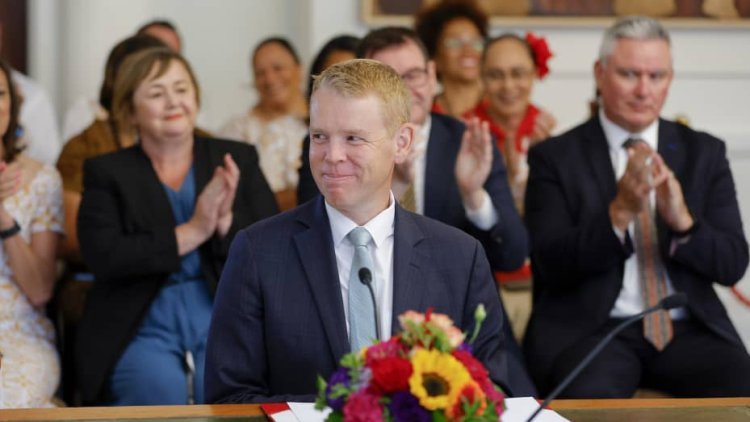
Chris Hipkins has become the new Prime Minister of New Zealand. Governor General Cindy Kiro administered the oath to him at an official ceremony held in the capital Wellington today. Chris was formally endorsed by the Labor caucus. After which, along with being the Prime Minister, he has also become the leader of the Labor Party. He was the only candidate in the race for the new PM, after which this decision was taken.
During this, Chris said – this is a very big responsibility for me. I am ready to take up the challenges and responsibilities that lie ahead. In New Zealand, the Labor Party has been in power since 2017, so anti-incumbency is very high. According to the BBC, New Zealand is currently struggling with inflation and social equality. Due to this, there has been a significant decrease in the popularity of the Labor Party. All this will be a great challenge before Chris.
Chris Hipkins, 44, was first elected MP in 2008. Before becoming PM, he was the Minister of Police, Education and Public Service. Chris has become PM after the resignation of Jacinda Ardern. However, it is not known how long he will remain in this post. This is because there will be general elections in New Zealand in October 2023.
Chris Hipkins was made Kovid Minister in the year 2020 to deal with the epidemic. During that time Chris's work was appreciated worldwide. Only 2,437 deaths have been recorded in New Zealand in three years of the Corona epidemic.
Today was Jacinda Ardern's last day as Prime Minister. During this, she looked very emotional. He was hugged by all the law-makers in the Parliament House. After this, she reached Government House, where she formally submitted her resignation to King Charles. While announcing her resignation on January 19, Jacinda said – now the time has come. I don't have the courage to lead for another 4 years.
King Charles is the monarch of 14 Commonwealth countries. One of these countries is also New Zealand. In these countries, the powers of the king are largely symbolic. In most countries, political decisions are taken by an elected parliament and implemented by the prime minister. That is, the king is the head of the country, but not the head of the government.
The king has certain constitutional duties, the most important of which is the approval of new governments. These duties vary from country to country. Such as giving formal approval of the law, appointing some officers and conferring national honour.




































.jpeg)






















